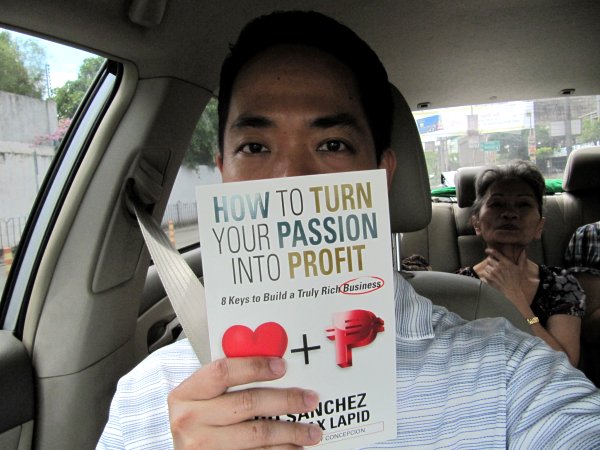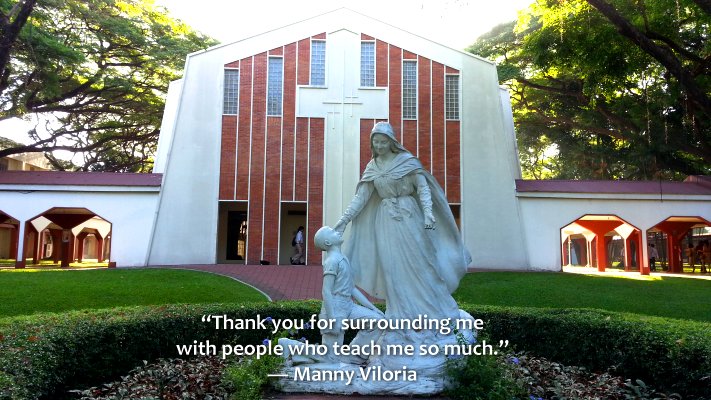NMT Chapter 08: Memories (See other Noli Me Tangere Chapter Summaries)
(Napanuod mo na ba yung kwento ni Pareng Ed, isang masipag at matiyagang OFW na naubos ang pera nung na-ospital ang kanyang anak, pero nakabangon mula sa kahirapan gamit ang isang… panuorin mo ang kwento niya dito.)
After visiting Maria Clara, Ibarra proceeds to San Diego. Along the way, one thing is quite evident: After being away for seven years, Ibarra saw no changes whatsoever.
Some Notes
This chapter shows a country’s lack of progress during those times. Rizal likens the “good Filipino” to the Barkas Bridge — it is dilapidated but continues to serve others, rises and falls at the whim of the Pasig river’s tide, and sometimes gets destroyed by the river. At that time, Filipinos continued to serve the oppressive government.
Questions and Answers
What did the old priest mean when he advised Ibarra: “Do not forget that if knowledge is the patrimony of humanity, it is inheried only by those who have the heart”? Everyone has the opportunity to learn or be educated. However, studying is not easy — you need perseverance, self-denial and much sacrifice. You need money for tuition and books, and you have to avoid giving into the temptation of an easy life (parties, booze, gambling…you know, FUN stuff). As a result, only those who have the will and a keen desire to learn will be able to finish their studies and achieve knowledge.
What lesson is Rizal trying to impart with the priest’s: “I have tried to transmit to you what I have received from my teachers; the riches I have endeavored to augment as much as I could, and I am passing it on to the following generation. You will do the same with those who come after you, and you can triple it, for you are going to very rich countries”? In other words, this is the responsibility of an effective and meaningful citizenry. A citizen should strive to become learned or to educate herself so that she can contribute to the betterment or welfare of generations who will follow her.
Explain: “They come in search of gold; go to their country to look for that other gold which we lack. Remember, however, that all that glitters is not gold.” While the Spaniards are mining the gold in the Philippines, the Filipinos should go to Spain or to Europe and study there in order to get the gold otherwise known as Knowledge. Note that the last saying admonishes Ibarra to discern which learnings in Europe are valuable and which are worthless.
Who is this old priest? From his statement …you can triple it, for you are going to very rich countries… look for that other gold which we lack… we can guess that the priest is a Filipino who got educated in the Philippines. One can speculate that this priest refers to someone like Padre Burgos who was executed in Bagumbayan (Take note of the line: That man had died in Bagumbayan [in reference to the old priest]).
Explain: “No, despite everything, the country first; first the Philippines, Spain’s daughter; first the Spanish nation! No, that which is fated does not tarnish the Motherland. No!” Ibarra believes that the execution of the old priest was a tragedy and an insult to good sense. His great love for mother country Spain, however, prevented the senseless death of the priest from detracting from the dignity of Spain. While Ibarra loved the priest, and even if he owed the priest a lot because of the many lessons in life that he received, he never allowed revolutionary feelings to surface because his love for Spain and the Philippines was greater.
(Do you want to know how other Pinoys are succeeding online? Read this.)
Kind regards,
Manny M. Viloria


